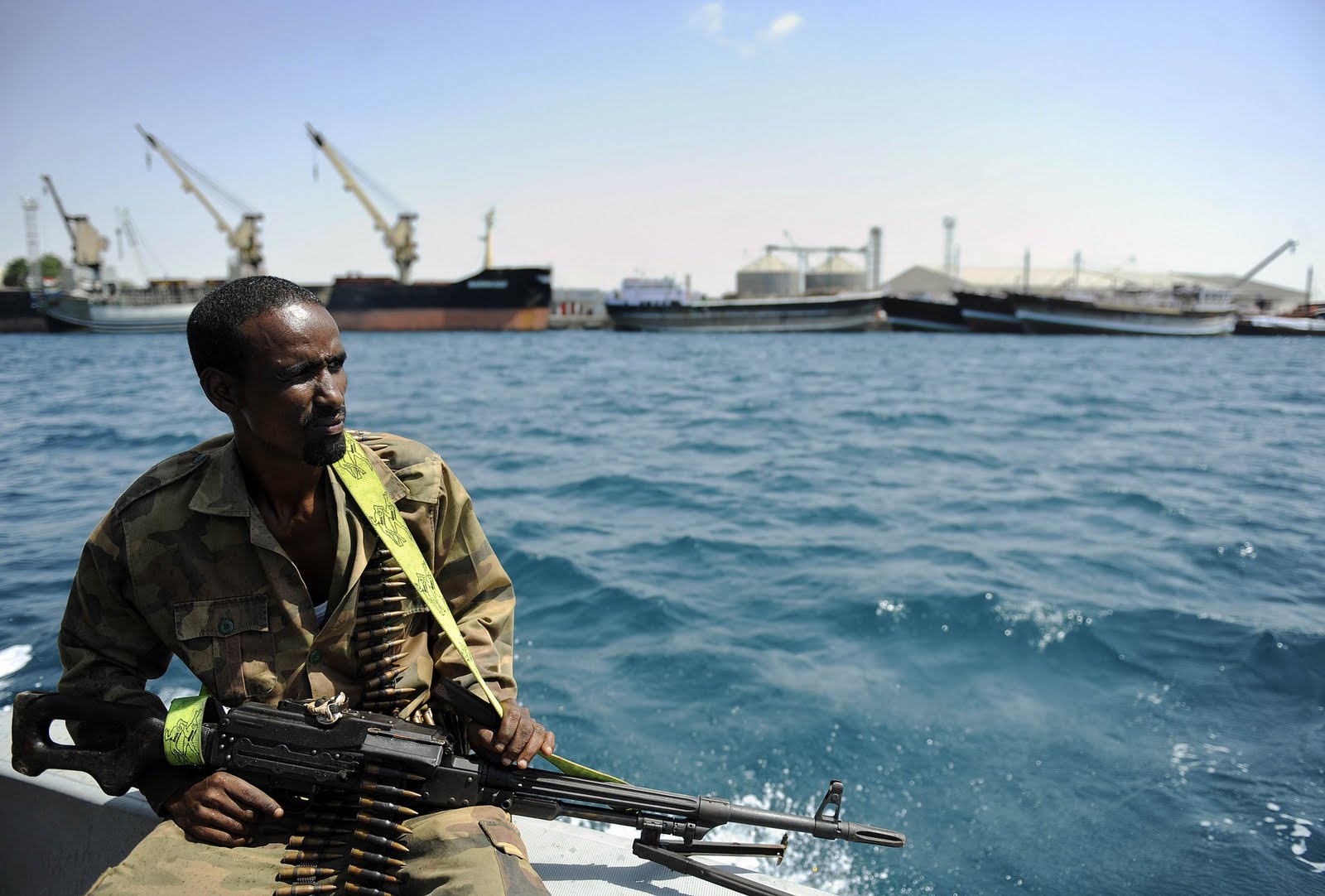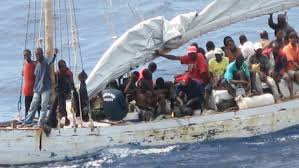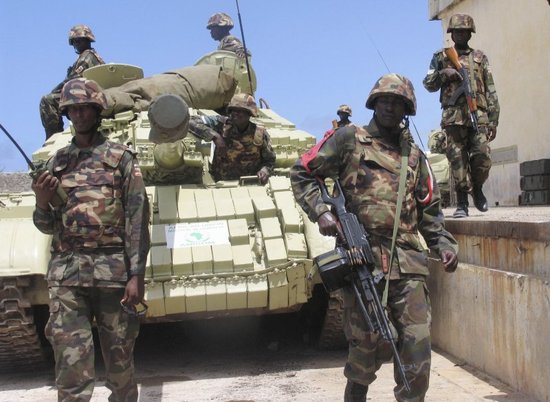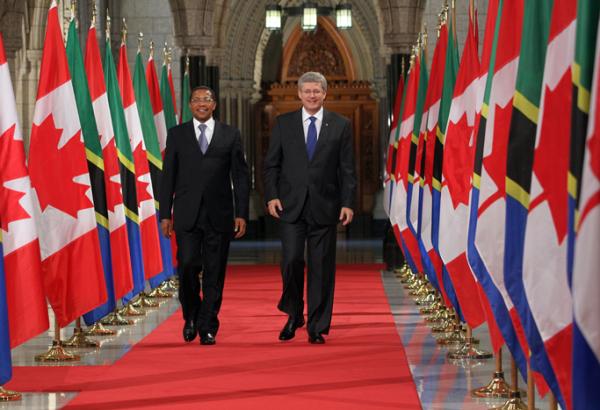Aaron Willschick looks at the recent measures taken by Britain to reduce Somali pirate attacks and argues that the African country may finally be on the road to recovery.

It is well-known that Somalia has been one of the poorest and most destitute countries in the world for many years. Over the fifteen year period between 1991 and 2006, Somalia was a real-world example of a stateless society with no real legal system. Massive social unrest has gripped the African country with widespread poverty, starvation and violence. Among the most prevalent problems for Somalia was the continued violence and unrest brought on by maritime piracy, but with improved international and domestic anti-piracy efforts, Somalia has not seen a pirate attack in over one year now. Efforts such as improved security on ships and better prosecution of pirates have been effective in reducing piracy. One country that has made a real difference, perhaps unexpectedly, is Great Britain.
Many factors have played into the drop-off in Somali pirate attacks and much of it can be attributed to the combined efforts of international naval forces and improved security on ships. These have been positive and effective measures, but international experts generally agree that to really prevent maritime piracy from occurring, we must get at its root causes. Britain has taken a lead role in funding measures to improve Somalia’s security infrastructure and tackle the root causes of poverty and crime. At a conference on Somalia in London earlier this month, British Prime Minister David Cameron pledged to spend millions on bolstering Somalia’s security forces, including 10 million pounds to develop the armed forces. This is in addition to 14.5 million pounds that Britain will donate to double the number of Somali police officers and train judges and lawyers. Britain is also helping boost radio communications on the Somali coast which will enable full radio connection along the entire coastline for the first time in two decades. These plans are a pivotal part of tackling poverty and the causes of humanitarian disasters, mass migration, terrorism and piracy.
As a result of British and international support, Somalia may have finally turned the corner towards becoming a legitimate state. Organizers of the conference called it a pivotal moment for Somalia after new parliamentarians were appointed last year who went on to elect President Hassan Sheikh Mohamud. The vote was the first of its kind since the toppling of military dictator Mohamed Siad Barre in 1991 which left Somalia at the mercy of warlords and later radical Islamists which opened the country’s coasts up to rampant piracy. Britain has helped energize a rapid recovery in Somalia over the last year that has helped citizens begin to rebuild the country. The Mohamud government has put forth a bold and ambitious plan to develop Somalia’s armed forces, police, justice sector and public financial management systems. British funding is already helping to manage the country’s public finances and resources, create a more peaceful and stable environment and cope with future famines and natural disasters.
Nevertheless, the gains made over the last year are fragile at best. Somalia is still dealing with desperate poverty, with almost half of Somalis living on less than $1 a day. Over 200, 000 children under the age of five are acutely malnourished and recent attacks such as the suicide bombing by the al-Qaeda linked Islamist rebel group al Shabaab in Mogadishu still illustrate the prevalence of terrorism. While widespread problems still exist and the threat of maritime piracy is still very much alive, policymakers are finally taking aim at the root causes of pirate activity. It will take a continued long-term international presence to help ensure that corruption and warlords do not again step in and reassert themselves over the Mahamud regime. But even if progress in Somalia is still in its early stages, for the first time in a long time there is hope for a better future.




